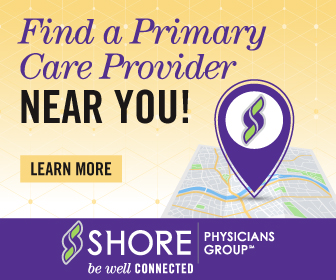Albert Camus’ Novel The Plague And Its Message Post – Holocaust And Today To Be Subject Of Zoom Workshop On June 4


VINELAND, NJ – What message does Albert Camus’ novel The Plague have for the post-Holocaust world and today’s COVID-19 environment? How does it resonate with the fear of contagion, as well as the choices made by each person, political leader or ordinary human being, about how to understand what has happened? How do we respond, in that light, to the threat of death to ourselves and others?
These issues will be explored at an online Zoom workshop, open to the public, on Thursday, June 4, from 4:30 to 6 p.m. The workshop will open online at 4 p.m., for those who want to ensure access.
This workshop, entitled “Thinking about The Plague: Post-Holocaust and in a Time of Coronavirus,” is presented by South Jersey Holocaust Coalition and by New Jersey Commission on Holocaust Education.
It will be led by Coalition chair, Harry Furman. A former Social Studies teacher, Furman, in 1976, pioneered the first New Jersey high school semester course on the Holocaust and genocide, The Conscience of Man. He was also editor-in-chief of the first Holocaust curriculum for New Jersey schools, and of the publication of The Holocaust and Genocide: The Search for Conscience. The co-editor of The Hitler Legacy, An Exploration of Hate, he is also a former long-time member of New Jersey Commission on Holocaust Education, and a presenter of many seminars and workshops.
In the shadow of World War II, Fascism, and mass murder, French writer Albert Camus’ 1947 novel, The Plague, received wide acclaim. Camus resided for a time near a small village, Le Chambon-sur-Lignon, that was hiding Jewish refugees, and he would later become a member of the Resistance. The novel describes a town that suddenly experiences an epidemic that causes many people to die and individuals to determine how to confront “the plague.” More than 70 years later, The Plague has found many new readers as an international public looks for answers, comfort, and some sense of meaning
Using PowerPoint and other materials, this workshop’s purpose is to encourage thought and interaction, even as we are confined, by having us reach out to one another virtually. Reading The Plague is recommended, but not required to take part in the workshop.
An introductory discussion will take us into the metaphor of plague, the human response to crisis, theodicy, and the response of the bystander, resistance to the plague, what we can learn from the experience of plague, and of how such themes can be explored by teachers and students as they return to the classroom.
Educators, students, and the public are invited to take part, and, for professionals, 1.5 Professional Development (PD) hours will be granted by New Jersey Commission on Holocaust Education.
There is no cost to participate in the workshop, but registration (password protected) is required. Please register by visiting the Coalition website—www.holocaustcoalition.com.
For more information on this and all South Jersey Holocaust Coalition events and activities, please visit the Coalition’s website at www.holocaustcoalition.com or their Facebook page at “South Jersey Holocaust Coalition.” You may also e-mail holocaustcoalition@gmail.com.

